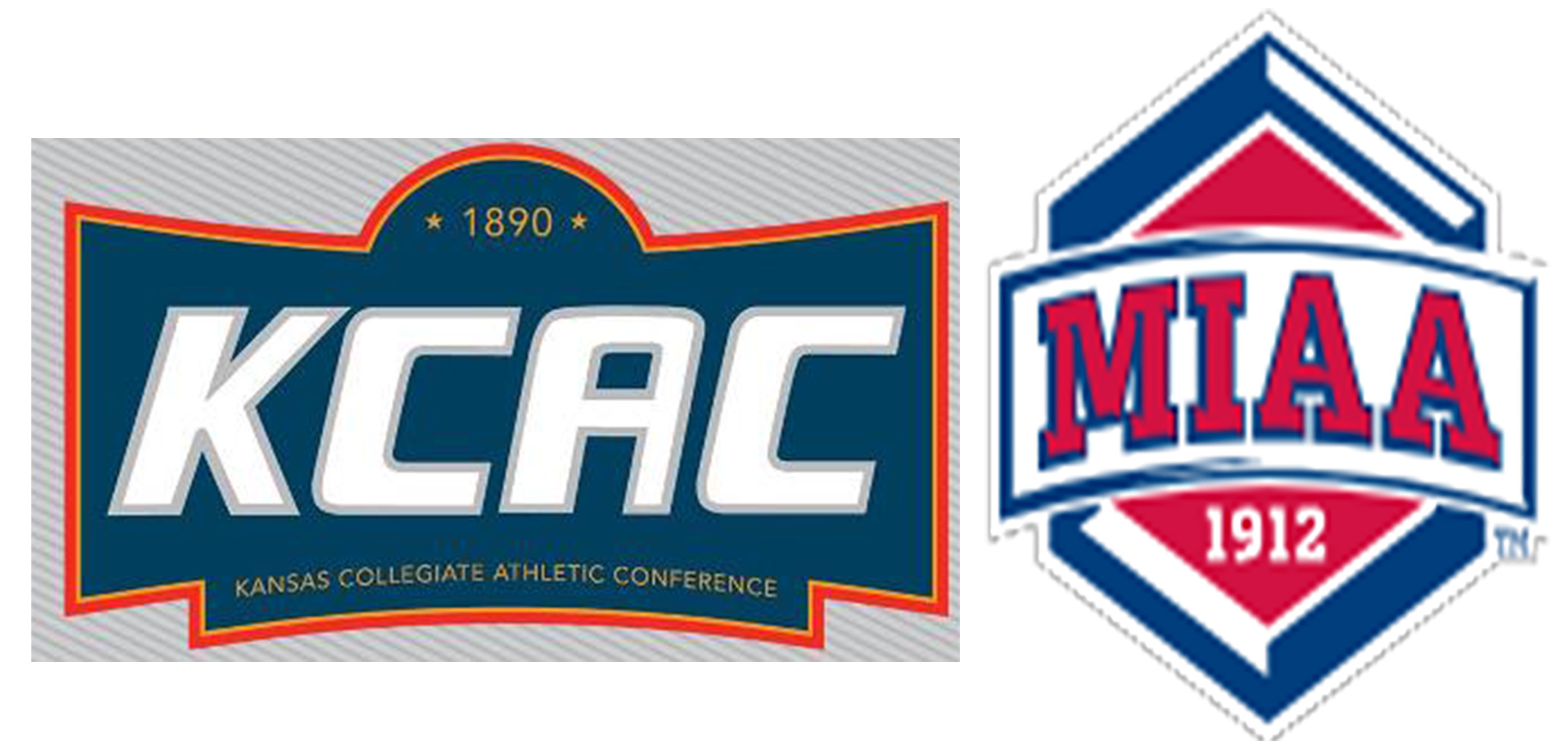After seven years of federal review, the Keystone X-L oil pipeline has been rejected.
President Barack Obama says he made the decision because the proposed project wouldn’t serve U.S. national interests, and would have undercut the country’s global leadership on climate change.
Speaking at the White House today, Obama said the pipeline wouldn’t have lowered U.S. gas prices or made the country less dependent on foreign energy. And he said it wouldn’t have been a long-term job-creator.
He also said the project had taken on an “overinflated role” in U.S. political discourse.
That role is not likely to diminish as the presidential campaign continues for another year.
Obama said both sides of the debate had overstated their claims. He said the pipeline “would neither be a silver bullet for the economy, as was promised by some, nor the express lane to climate disaster proclaimed by others.”
Obama also noted that he would travel to Paris in a few weeks to meet with world leaders at an international climate summit.
Environmentalists hail Obama decision on pipeline
Environmental groups are praising President Barack Obama’s decision today to reject a Canadian company’s application for the Keystone X-L pipeline. And some are declaring it a “day of celebration.”
The executive director of the Sierra Club, Michael Brune, says, “Stopping the Keystone X-L pipeline is a victory for the planet” — and also for “the health and well-being of the communities along the pipeline route.”
But pipeline supporters are making it clear that the fight isn’t over. Senate Majority Leader Mitch McConnell says, “Given this project’s importance to North American energy independence, the question still remains not if but when Keystone will be built.”
In announcing his decision today, Obama accused both sides of making exaggerated claims about the impact the pipeline would have — on the economy and on the environment.
Obama decision likely not the last word for Keystone
A decision by President Barack Obama to reject the Keystone X-L pipeline isn’t likely to end the debate over the project.
Backers of the pipeline are expected to challenge the decision in court. And Republicans who control Congress may try to override the president.
The project could also get a fresh look in 2017 if a Republican wins the White House and invites TransCanada to re-apply.
Another open question is whether TransCanada will try to recoup the more-than $2 billion it says it has already spent on the project’s development. Earlier in the year, the company left the door open to suing the U.S. government under the North American Free Trade Agreement.
TransCanada first applied for Keystone permits in September of 2008, shortly before Obama was elected.
As envisioned, Keystone would snake from Canada’s tar sands through Montana, South Dakota and Nebraska — and then connect with existing pipelines to carry more than 800,000 barrels of crude oil a day to specialized refineries along the Texas Gulf Coast.


